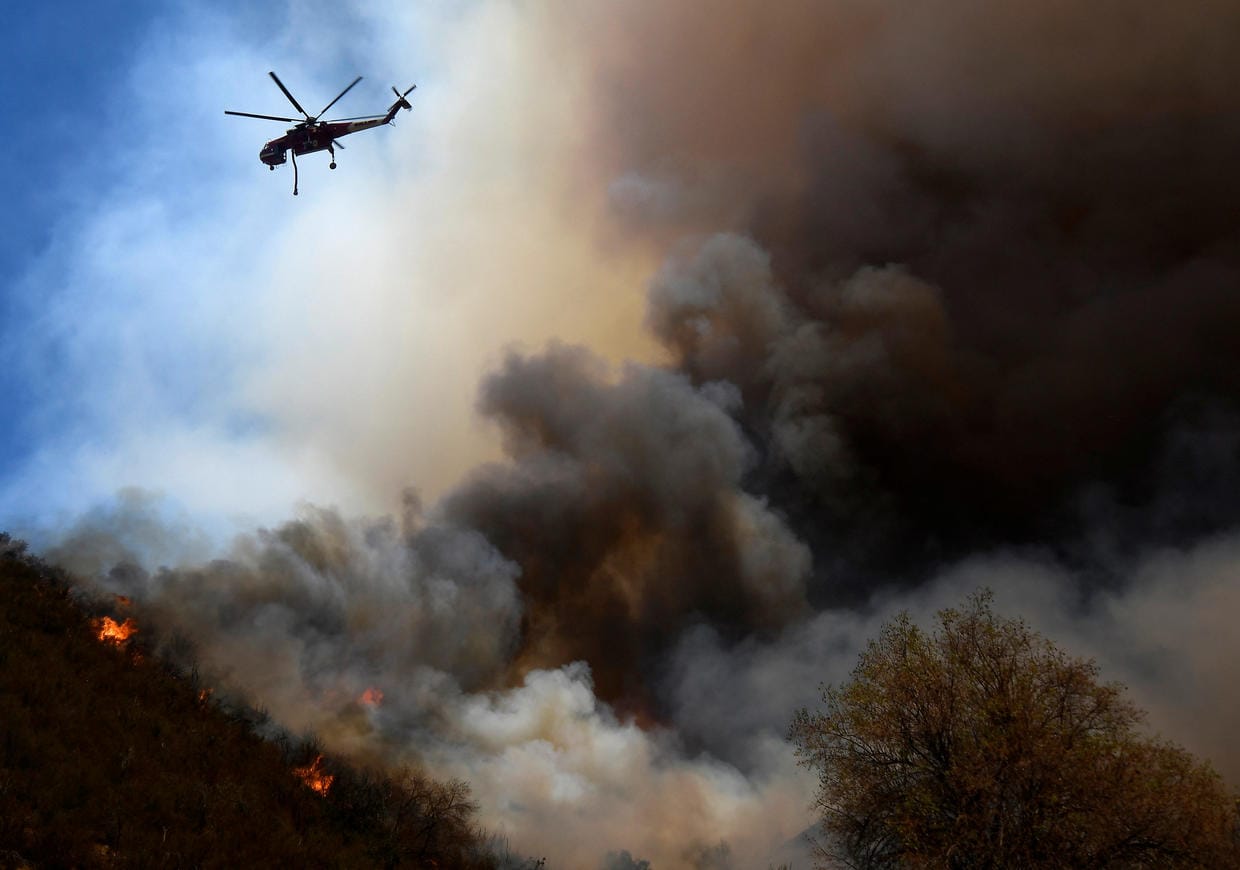The recent identification of presumptive bird flu in a poultry flock in Delaware has raised significant concerns among agricultural and health officials in the Mid-Atlantic region, particularly in Maryland. This development has prompted a series of precautionary measures aimed at safeguarding the state’s poultry industry, which is a vital component of Maryland’s agricultural economy. The Maryland Department of Agriculture (MDA) is now intensifying its surveillance efforts and encouraging poultry farmers to adopt biosecurity protocols to mitigate the risks associated with avian influenza.
Avian influenza, commonly referred to as bird flu, is a viral infection that primarily affects birds but can also infect other species, including humans in rare cases. The strain detected in Delaware is currently classified as presumptive, pending further testing by federal authorities. The MDA is closely monitoring the situation and is in communication with the U.S. Department of Agriculture (USDA) to receive updates on the findings and any necessary actions that need to be taken.
In response to the detection of the virus, the MDA has issued guidance to poultry farmers throughout Maryland, emphasizing the importance of implementing stringent biosecurity measures. These measures include restricting access to poultry facilities, maintaining cleanliness, and minimizing contact between domestic birds and wild birds, which are known carriers of the virus. Farmers are also being advised to report any unusual signs of illness in their flocks to veterinary authorities immediately.
The poultry industry is a significant contributor to Maryland’s economy, with millions of birds raised annually for meat and eggs. The potential spread of bird flu poses a serious threat not only to the health of the birds but also to the livelihoods of farmers and the overall food supply chain. Consequently, the MDA is taking a proactive approach to prevent any outbreaks that could have far-reaching consequences.
In addition to monitoring local poultry populations, the MDA is also working with wildlife officials to keep an eye on wild bird populations in the area. Wild birds can carry the avian influenza virus without showing any symptoms, making them a potential source of infection for domestic flocks. Increased surveillance of migratory bird patterns and populations will be essential in understanding and mitigating the risk of transmission.
Public awareness is another critical component of the response to this situation. The MDA is actively communicating with both the agricultural community and the general public to raise awareness about the signs of avian influenza and the importance of reporting any suspicious activity related to poultry health. Education campaigns are being developed to inform farmers and the public about the virus, its transmission, and the measures that can be taken to protect poultry health.
While the current situation is concerning, experts emphasize that the likelihood of the virus affecting humans remains low. The Centers for Disease Control and Prevention (CDC) has stated that the risk of bird flu spreading to the general population is minimal, especially when proper precautions are taken. Nonetheless, the MDA and CDC continue to monitor the situation closely and are prepared to respond swiftly should any cases arise.
As the situation develops, Maryland’s poultry industry remains on high alert. The MDA is committed to working collaboratively with poultry producers, veterinarians, and federal agencies to ensure a coordinated response to the threat posed by avian influenza. This includes sharing data, resources, and best practices to enhance the overall resilience of the industry.
The impact of avian influenza can be severe, with the potential for significant economic losses in the event of an outbreak. Therefore, the MDA is urging all stakeholders to remain vigilant and adhere to biosecurity guidelines diligently. By taking a proactive stance, Maryland aims to protect its poultry industry and ensure the safety of its food supply.
In conclusion, the presumptive detection of bird flu in Delaware has sparked increased vigilance in Maryland, prompting a comprehensive response from state officials and the agricultural community. The emphasis on biosecurity, public awareness, and collaboration among various stakeholders is crucial in mitigating the risks associated with avian influenza. As the situation evolves, Maryland remains committed to safeguarding its poultry industry and ensuring the health and safety of its livestock.



